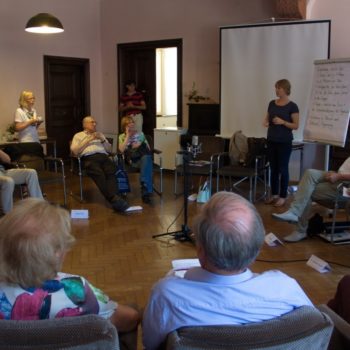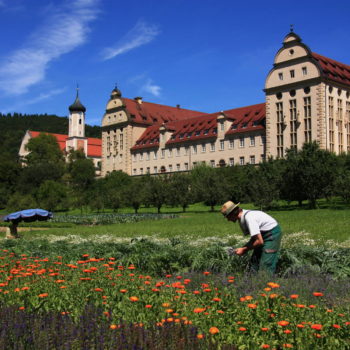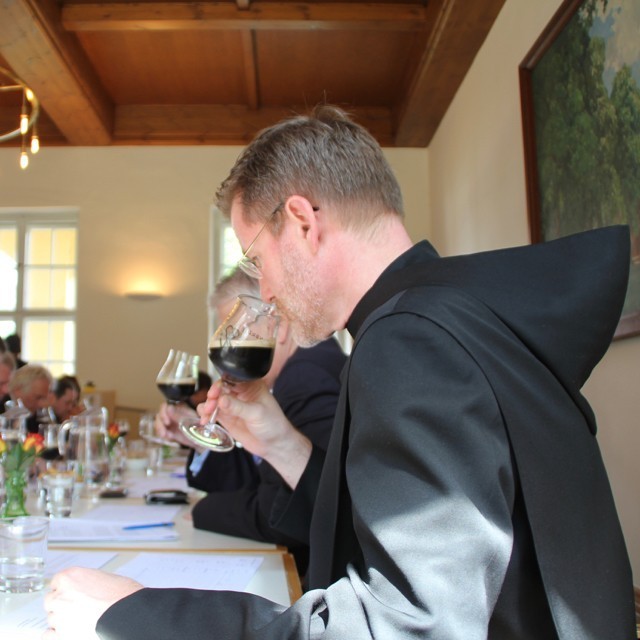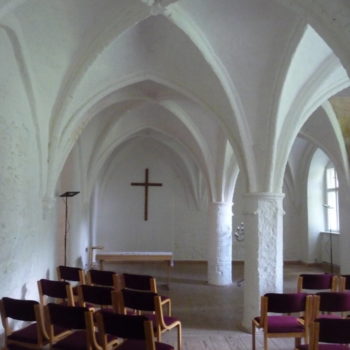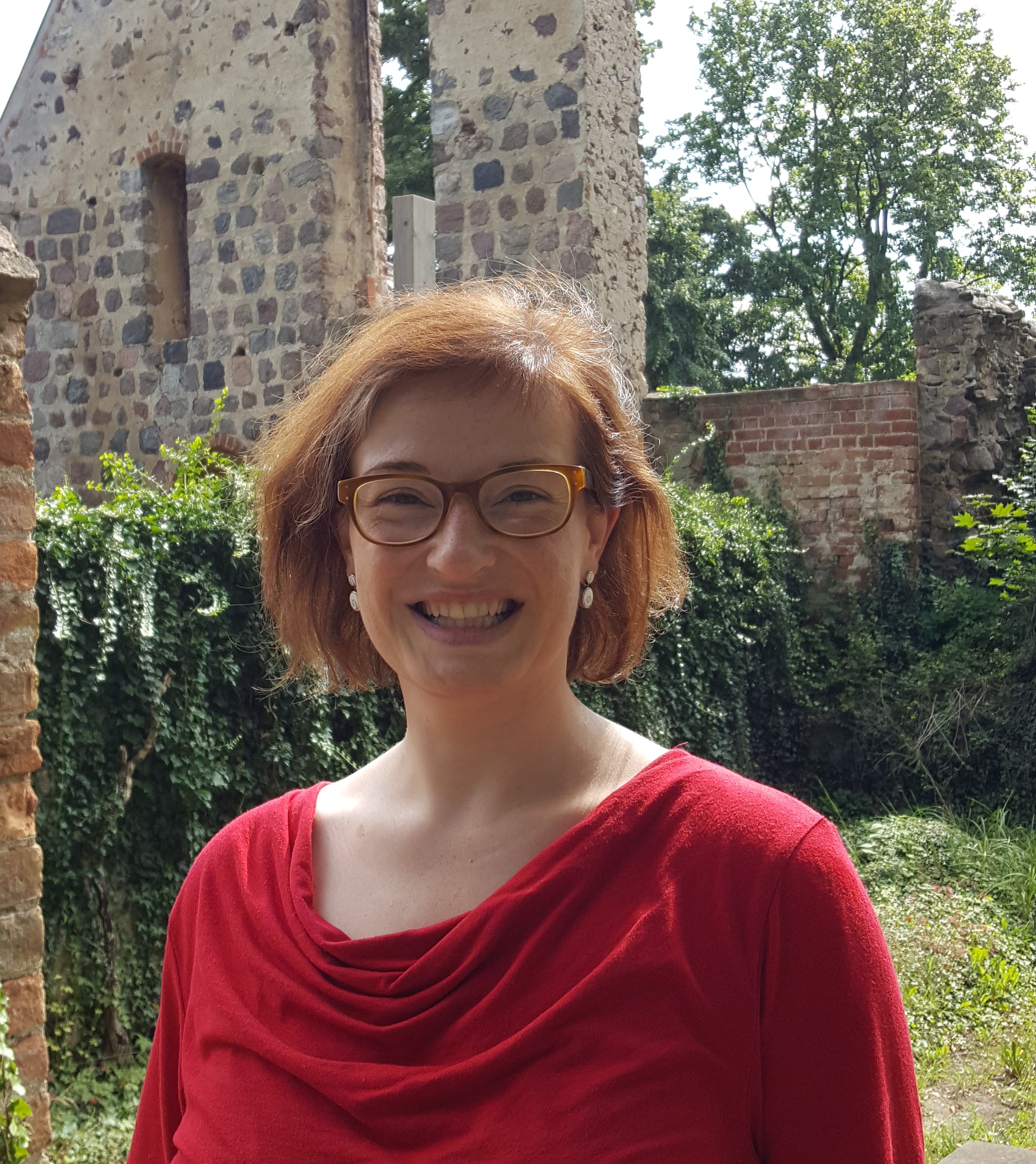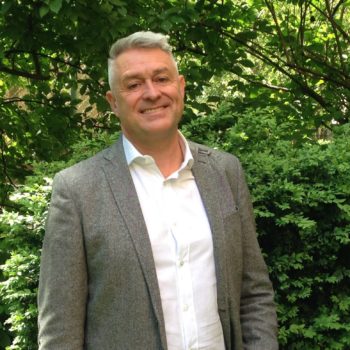Education
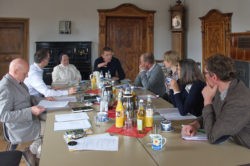 Drawing upon tradition
Drawing upon tradition
Since monastic life is a conscious and organised one, it cannot be conceived without education. And here, monastic education is to be understood in a comprehensive way. First of all, this means the appropriation of tradition, the knowledge of the conditions of one’s own way of life. Essentially, education is consciousness. Monastics want to be able to give a consistent answer to the question of why they live the way they do. That is why already in the Benedictine Rule, reading and reading out aloud are very central and even take place during meals. But it is not about education as an end in itself, about the accumulation of factual knowledge, but about human existence in a holistic way. Moreover, monasteries, by giving shelter and by dividing labour, provide ideal conditions for pursuing an intense and lifelong course of education, even beyond monastic education in the narrow sense of the word.
Monasteries have produced countless testimonies of this in theology, philosophy, literature, art, natural sciences and practical arts, crafts and agriculture… In a monastery, the free space provided by the way of life can be used for education and the development of talents in an excellent way. At the same time, monasteries also set limits to the pursuit of education, for example by giving priority to religious service. The monastic ideal of education addresses many questions to our time, about the significance and function of education: Is it about an ever better understanding of the world and our human existence or about power, economic influence and prestige?


